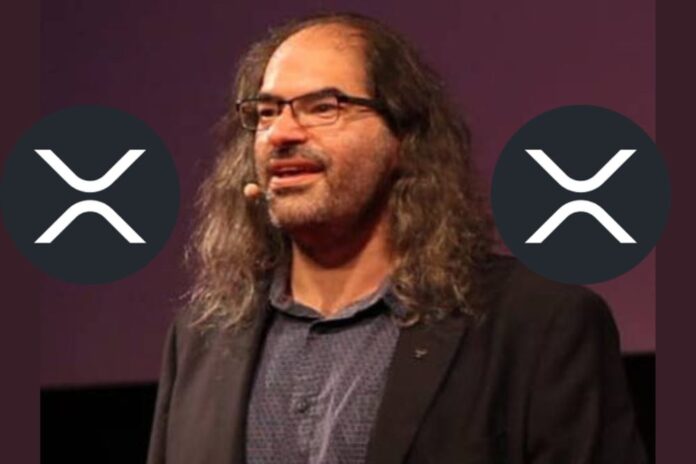Ripple’s Chief Technology Officer (CTO), David Schwartz, just disclosed the level of decentralization on the XRP Ledger (XRPL), especially its connection with terms of governance voting.
While speaking about nodes on XRP, David maintained that nodes on the XRPL have the exclusive right to take or reject amendments voted to be enforced by validators with the escrowed XRP, especially the escrowed XRP in Ripple’s possession.
Read Also: Ripple Legal Officer Cites 77-year-old Lawsuit to Debunk SEC’s Claim in XRP Lawsuit: Details
Matt Hamilton’s Revelation
Matt Hamilton, a one-time Ripple director, previously hinted that Ripple could decide to burn all the escrowed XRP tokens. Hamilton’s revelation linked to some of Schwartz’s comments in December 2020. Schwartz noted that about 80% of most validators on the XPRL could vote to have the XRP on Ripple’s escrow accounts burned.
XRP Community Members’ Concerns
Following Matt’s revelation, an XRP community member claimed that XRPL would likely be a permissioned platform if validators on the network are powerful enough to decide what becomes of the XRP in escrow, making the platform more centralized than a decentralized firm.
Ripple CTO Joins the Conversation
While addressing significant concerns raised by most XRP community members, Hamilton tried to clarify his statements on validators and voting. Matt ascertained that validators have the choice to vote to amend supply.
Read Also: Cardano Founder Insists XRP Community is Manipulating His Remark about Ripple-SEC Lawsuit
Elucidating further, Schwartz said that if validators should vote for the amendment, the amendments will get implemented like a code. Finally, nodes can decide whether to run the updated code or not. Schwartz said, “Every node operator would have to make an active choice to accept the rules change.”
Schwartz hammered why validators lack the power to coerce node operators into running the code that contains the amendment. “Validators cannot force nodes to accept rules changes because rules are enforced by the code each node chooses to run. If you don’t agree with a validator, it just counts against the 80% threshold,” he said.
Follow us on Twitter, Facebook, Telegram, and Google News



